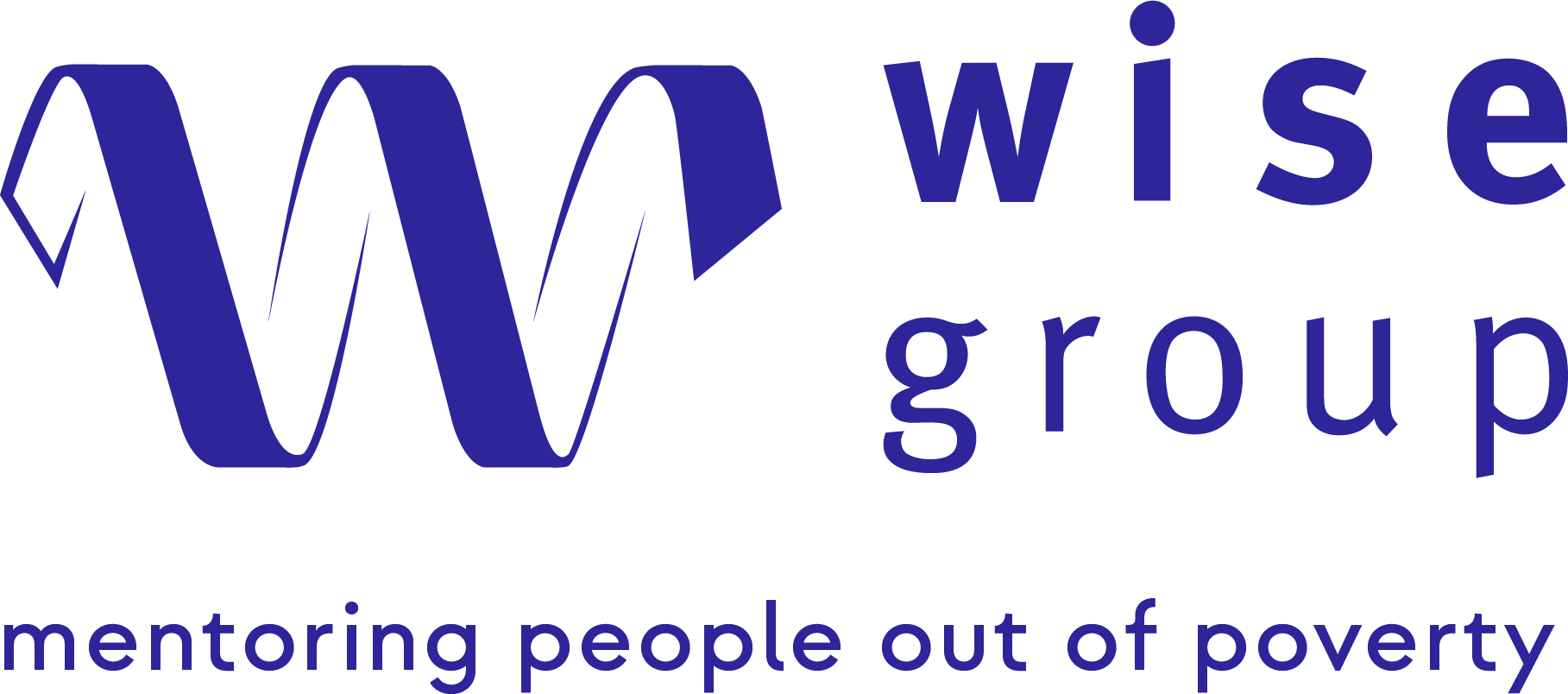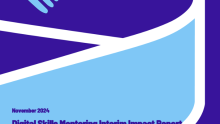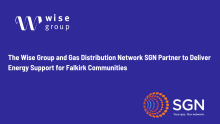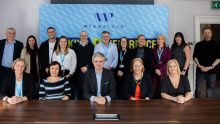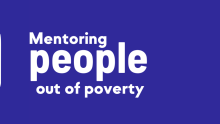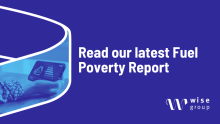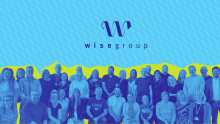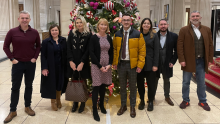The Wise Group welcomes the opportunity to respond to the Advisory Group on Economic Recovery’s report and plans for economic recovery. We believe that our work offers highly valuable insight into some of society’s most significant social and economic challenges, now more than ever.
The Wise Group is a leading social enterprise, working to lift people out of poverty. Every day we support our customers into jobs, work to lift people out of fuel poverty, and provide mentors for people coming out of prison to help build a better future. We collaborate with a range of partners across all sections of society to make a real and lasting difference to the lives of thousands of people and families every year.
The practical action is needed now
We note and welcome the Committee’s recognition of the Third Sector.
Our work with individuals, communities and businesses has proven that mentoring provides the best results in lifting people out of poverty. Without this dedicated mentoring support our attempts to address this increasingly complex picture will not have the impact that is needed. As we move forward, we would like to see more emphasis given to mentoring approaches which provide the glue between individuals, communities and the services they need.
We believe that COVID-19 has created an increasingly complex poverty challenge in Scotland.
Scotland is a complex patchwork of communities, cultures and local economies. Every part will be affected differently by COVID-19 and at different levels. The imperative must be on finding a twin track economic and social recovery. More broadly, as civic challenges heighten, displacement must be our “watch out”. We must not forget those people who were already struggling before the pandemic and note the specific risks relating to young people.
Actions to promote economic recovery
In May 2020 we responded to the Scottish Government’s Framework for Decision Making document where we highlighted three foundations we believed were needed to transition through this period.
We believe that these three foundations continue to be necessary and are the practical steps needed now:
- Using technology as an enabler
- Forming strategic partnerships
- Putting flexibility at the heart of programmes and procurement
More specifically Scotland should seek to address:
Sustainable employment
A relentless focus is required to ensure no one is left behind with a recognition and appreciation of individual labour market needs. Specifically –
- Local labour markets should be considered and aligned with local authority outlay to amplify local expenditure.
- Looking to existing employability programmes, such as Fair Start Scotland (FSS), there is a need for more entry level jobs with structures that allow ‘employability skills’ to become embedded covering work experience, training and confidence building, to help secure sustainable employment.
- We seek to structure a more appropriate version which identifies that our economic model requires more resilience.
Community Wealth Building
The notion of People and Place has never been so important. We seek a new way that puts local opportunity and local inclusive growth at the heart of policy making and budgeting priorities.
Enhanced investment to tackle fuel poverty
We know that many people are facing financial hardship during this crisis, and are worried about paying their energy bills.
- Citizens Advice Scotland (CAS) has indicated that one in four households in Scotland were already in fuel poverty before the COVID-19 crisis hit and in a recent Home Energy Scotland survey most people (over 55%) felt their energy use had increased during the pandemic.
- Prior to COVID-19, our work with individuals, communities and businesses had proven that mentoring provides the best results in lifting people out of poverty. Now more than ever we remain convinced of the importance of the energy advice the Wise Group delivers, at the heart of which lies our mentoring approach.
Creating positive social connections and benefits through the projects we invest in
We note the Committee’s ambition for more flexible and collaborative approaches to procurement. It is clear that behavioural change and delivery of identified needs can co-exist with contractual performance KPIs and highlight the following in order to deepen interaction with wellbeing and inequalities –
- Some of our most successful programmes are measured by behaviour change and progression (more in line with Scotland’s National Performance Framework NPF principles), not numbers or units. They are person and impact centred rather than spreadsheet and contract centred. This is evidence that with the correct relationship, motivation and collaboration this is possible.
- COVID-19 offers the perfect opportunity to re-balance a future operating model through trusted partnerships and changed success factors. During the COVID-19 period and before, the Third Sector has acted with pace and in many cases is the innovator, offering funders and government departments new ways of delivering their obligations.
- More broadly we seek to work together to make sure that Programmes are person-centred and are support focused in terms of structure. Whilst support programmes are not perfect, we know that where programmes are co-designed there is a material difference in terms of relevance, alignment and positive outcomes for the individual, community, funding partner and programme overall
- Our ask is that we seek to create positive social connections and benefits realised through the projects we invest in. We need a procurement strategy and approach with community based wellbeing firmly and demonstrably at its heart.
A digital exclusion ‘perception change’ towards economic recovery
Prevention of digital exclusion
Prevention of digital exclusion should provide skills to help unlock opportunities for those unemployed and people on low income. Specifically:
- We need to identify gaps in the availability of and access to technology.
- Improving digital access and skills holds the potential to have a life-changing effect on those living in poverty through COVID-19 lockdown.
- This work should seek the hardest to reach customers who are long-term unemployed or with experience in the justice system for example.
- We believe that a ‘perception change’ is needed in order to realise and understand the value of equipping people with the right technology and equally the risk of not doing so.
